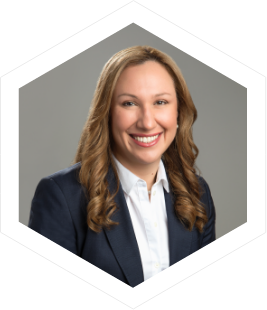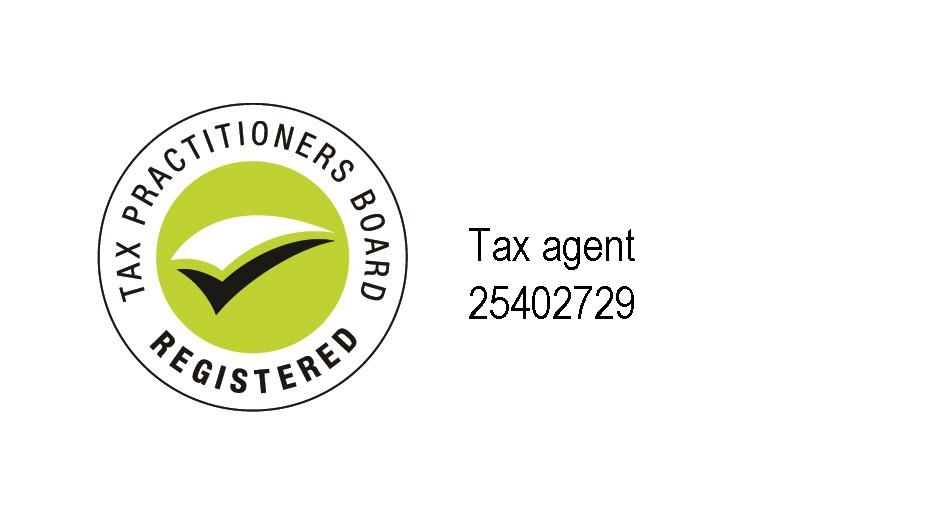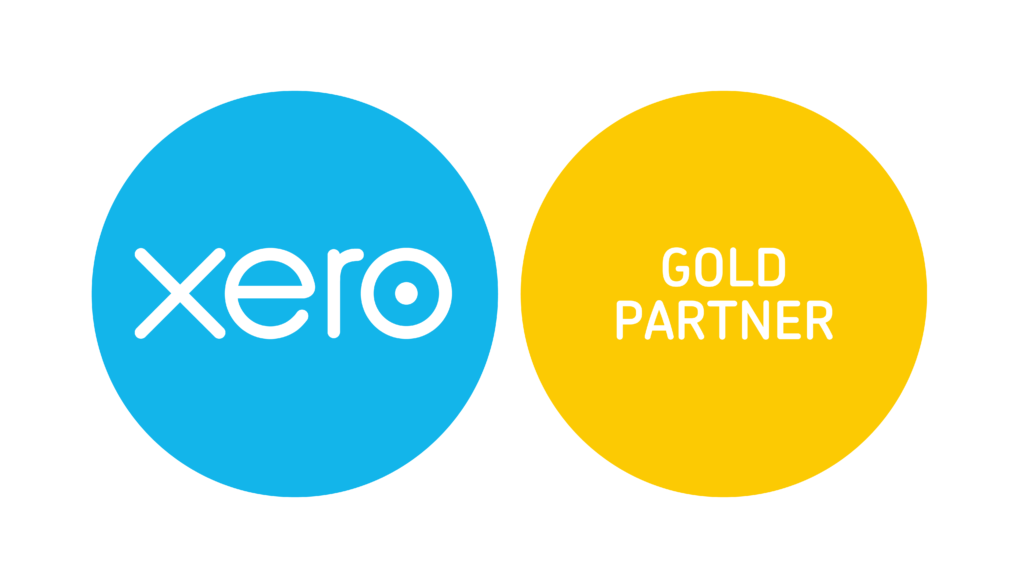Substantiation – Work-Related Travel Expenses and, Meals and Accommodation
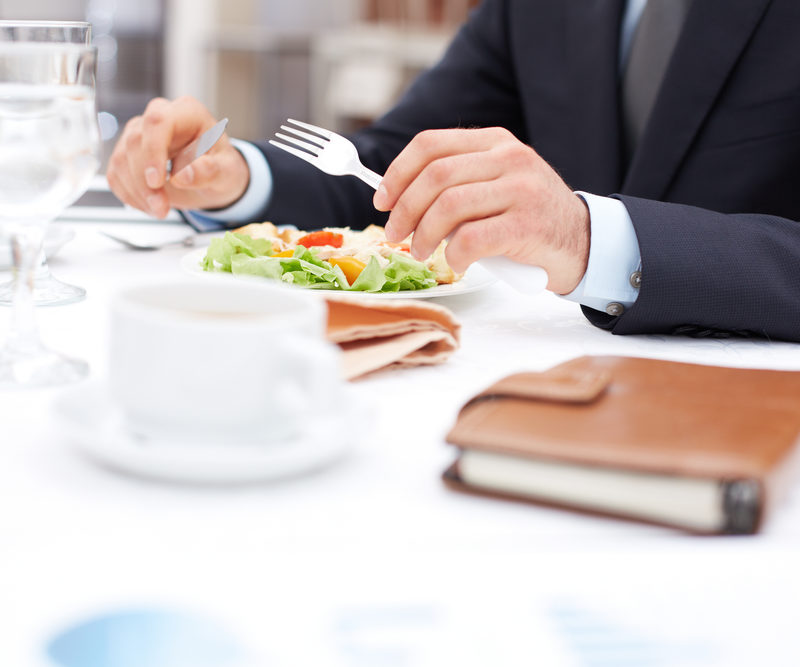
With the end of financial year fast approaching, it is time to consider your claims and deductions. If you are a superstar at record keeping, no doubt you have been filing receipts and invoices throughout the year, in preparation for the processing of your return. If not, it is important to understand that you may be asked to provide supporting documentation to verify the amounts included in your tax return.
This month, we will cover the following deductions:
- Work-Related Travel Expenses
- Meals and Accommodation
Substantiation
The ATO Commissioner has advised, “If a taxpayer relies on the exception from substantiation, they may still be required to show the basis for determining the amount of their claim, that the expense was actually incurred, and that it was for work-related purposes. What counts as evidence for a claim subject to the substantiation exception will vary according to individual circumstances and the nature of the expense.”
Work-Related Travel Expenses
If you plan to claim work-related travel expenses that are directly related to your work as an employee, you should maintain a list of the expenses claimed as well as copies of original receipts or other evidence substantiating each of the items you plan to claim for. For example:
- public transport fares, air travel and taxi fares
- bridge and road tolls, parking fees and short-term car hire
- meals, accommodation and incidental expenses you incurred while away overnight for work that are not covered by a bona fide travel allowance provided by your employer
- expenses for motorcycles and vehicles with a carrying capacity of one tonne or more or nine or more passengers such as utility trucks and panel vans
- actual expenses (such as petrol, repair and maintenance costs) you incurred to travel in a car owned or leased by someone else.
You should provide an explanation of how each expense was incurred in the course of earning your assessable income and cross-reference the receipts and other evidence with the list of expenses. For example, if you used a taxi to travel to and from a client meeting, enter the meeting and receipt details into a spreadsheet and save a scanned copy of the taxi receipt, as well as a copy of your diary entry for the meeting or any email confirmations received from the client pre and post the meeting.
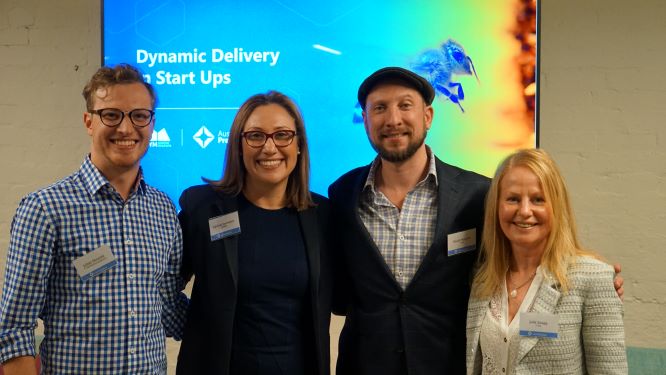
discussion on Dynamic Delivery in Startups. Watch the full panel discussion here.
Meals and Accommodation – if you receive a Travel Allowance
The following information relates to meals, accommodation and incidental expenses you incur while away overnight for work, if you received a bona fide travel allowance from your employer.
You cannot claim overnight travel expenses based only on the numbers of days you slept away from home multiplied by the:
- Commissioner’s reasonable amounts, or
- the daily allowance rate paid by your employer.
You must be able to show the travel expenses were actually incurred. Once again, it is best to keep a spreadsheet of all travel dates, where you were travelling to and from, the channel used, receipt numbers and values. For good measure, add additional data about the clients you were visiting and the reason for your visit.
Meals and Accommodation – No Travel Allowance
You can claim a deduction for the cost of meals consumed in the course of overnight travel away from home, when the travel is deemed to be for work-related purposes.
When processing claims the ATO will review aspects of the travel to ensure it makes sense. They may consider which meals would be reasonable for an employee to incur (i.e. breakfast, lunch and/or dinner) from the commencement of the travel period to the end.
For example, what time of day did the work-related trip commence and end? Let’s use the following example: you leave the office for a business trip to Sydney after lunch on day 1 and returns home after dinner on day 2. In this scenario, you would not be permitted to claim the cost of breakfast and lunch on day 1, as your travel commenced after lunch. The ATO will however support a claim for the cost of dinner on the first day and the cost of breakfast, lunch and dinner on day 2.
The ATO has recently advised that the following records will generally be required to verify a claim for meal expenses related to travel, where the cost does not exceed the Commissioner’s reasonable (or ‘per diem’) amount for each meal:
- Payment summaries (or, where relevant, STP income statements) or pay slips to illustrate any travel allowance(s) received.
- A work diary or other fatigue documentation. These should provide some description of the type of travel undertaken and include information such as:
- the days travelled (including when each trip commenced and ended);
- how many nights you were away from home;
- specific travel destinations; and,
- when you stopped for meals.
This will allow you to identify when meals were consumed whilst travelling, given that the substantiation concession is applied on a meal-by-meal basis (as noted above).
- Some type of written evidence other than a receipt (for example a bank statement). It is important that your evidence clearly shows you spent money on the food and drink being claimed.
On a more positive note, where you travel the same route regularly and have a regular pattern of expenditure, the ATO will accept written evidence, that is maintained for a 3-month period, as representative of an entire year.

discussion on Dynamic Delivery in Startups. Watch the full panel discussion here.
Claiming IN EXCESS of the Commissioner’s Reasonable Rate
If you claim for travel expenses is in excess of the Commissioner’s reasonable rate, the ATO will have an expectation that you can provide ALL of the following substantiation:
- amount of any travel allowance declared at item 2 of your tax return. Further, if the allowance was not evident on your payment summary, you will need to provide the calculations behind the amount claimed;
- a list of the expenses claimed, showing the nature of the expenses and the amounts claimed;
- evidence that the travel expenses are work-related;
- copies of original receipts or other documents substantiating each expense, cross-referenced to the relevant item on the list; and
- a travel diary for domestic and overseas trips of six nights or more.
Common Issues
Common issues that are encountered with claims for travel expenses (not more than the Commissioner’s reasonable amounts) are:
- Claiming when you did not receive a bona fide travel allowance and, you don’t have written evidence to support your claims.
- Claiming based on the Commissioner’s reasonable amounts multiplied by the number of nights away, when the expenses incurred were less than this.
- Claiming a deduction for travel when you received a travel allowance that has not been shown on your payment summary.
The following are common issues encountered with travel expense claims that exceed the Commissioner’s reasonable amounts:
- Not keeping a travel diary for domestic or overseas travel of six nights or more.
- Claiming when you do not have written evidence to substantiate your expenses.
Claiming NOT more than the Commissioner’s reasonable rate
If your claim is not more than the Commissioner’s reasonable rate, you will be required to provide ALL of the following:
- details of your employment and how the travel expenses are work-related;
- a letter from your employer, or a job description, showing that you needed to travel in the course of performing your work; and,
- details of any allowances or reimbursements received (include the workplace/enterprise bargaining agreement name, how the allowances or reimbursements were calculated and details of the expenses they are paid to cover).
Note – If your allowances included an award transport payment (ATP), please provide all details of the ATP including the 29 October 1986 rate (your employer should know these details).
If you have any questions or need advice and clarity specific to your business, feel free to contact Semmens & Co on 03 8320 0320 for a free consultation.



